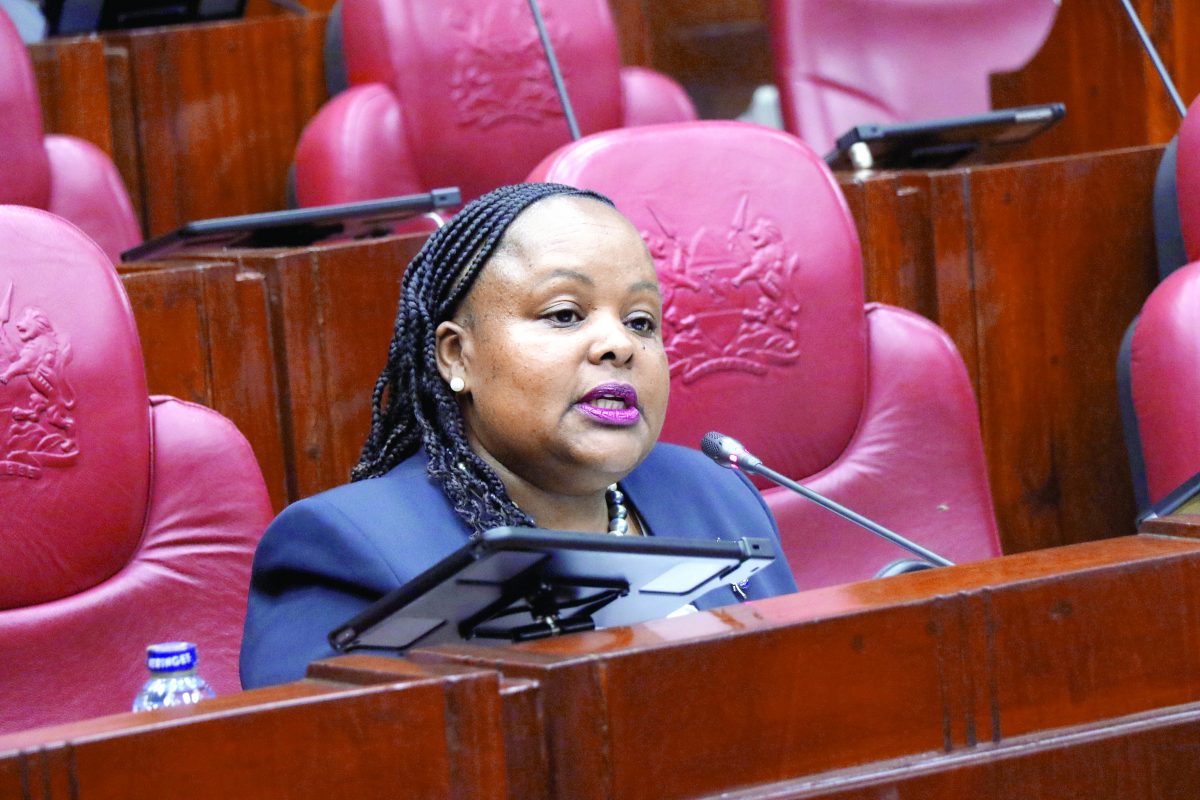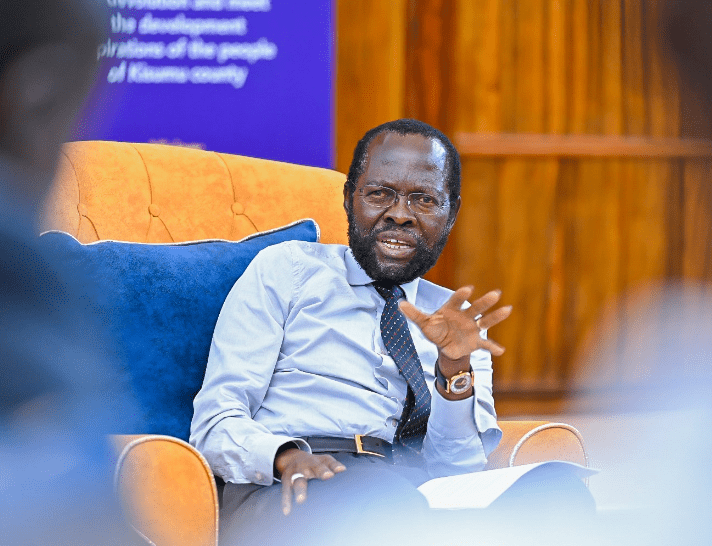CAS post crucial for service delivery, State officers insist

The government yesterday put up a spirited fight in defence of the entrenchment of the position of the Chief Administrative Secretary in law.
Appearing before a joint committee of Parliament yesterday, Interior Principal Secretary Raymond Omollo, said the office of a CAS is critical in the execution of the mandate of a ministry and a state department.
Secretary to the Cabinet Mercy Wanjau while defending the CAS position said the holder will be responsible for responding to issues relating to the portfolio assigned to the office, liaise with Parliament and county governments on matters of concurrence mandate.
Amollo and Wanjau appeared before the Justice and Legal Affairs Committee and that of Administration and Internal Security Committee to contribute on the National Government Administration Laws Amendment Bill.
However, the Salaries and Remuneration Commission (SRC) in a presentation, differed with the bill on the proposal to have their compliments determined by the Public Service Commission.
“Given that the complement of the CASwould have an impact on the total public wage bill, it would for the purposes of providing for the cumulative remuneration and benefits for the holder of the office be appropriate to provide for the maximum number in the bill,” said the Commission Secretary Ann Gitau.
The High Court last year dismissed the appointment of 50 Chief Administrative Secretaries (CASs) as unconstitutional.
President William Ruto has, however, moved to entrench the positions in law by amending the National Government Administration laws.
The amendment bill seeks to provide for the establishment and functions of the Head of the Public Service and offices of CASs. The bill also proposes to amend the National Security Council Act, 2012, to provide for the appointment of the National Security Advisor and also remove the Attorney General as the custodian of the public seal.
Leader of Majority in the National Assembly Kimani Ichung’wah said the government is keen to formalise the positions and have legible individuals appointed. “We are bringing a procedural motion to pass the bill which seeks to entrench CASs as public officers.”
Busia Senator Okiya Omtatah and Law Society of Kenya (LSK) President Eric Theuri, both of whom had challenged the establishment of the office in court, said the latest move is still unconstitutional and vowed to return to court should the proposal sail through Parliament.
“The amendment is unconstitutional because the CAS is a political office that cannot be created in law, by whatever means. An office in the public service can only be below the PS,” Omtatah told People Daily.
Theuri said Parliament has no power to create the office as it purports to do vide amendment. “And since the amendment is outside the PSC Act, the office is outside the public service. In any case, they are only skirting around, but have not complied with the High Court ruling that it is anchored in the Constitution,” he said.
President Ruto picked 50 individuals to the position of CASs but they were later stopped from assuming office by the High Court. The Attorney General has, however, appealed the ruling in the Court of Appeal which is set to rule on the matter next week.
While noting that the position was abolished last year, the High Court judges said: “Once that office was abolished on September 21, 2022, the newly-created office and complement of 23 office holders could no longer benefit from that stay.”
The 50 CAS were sworn in by President Ruto on March 23 after the National Assembly declined to vet them saying it had no constitutional authority to do so.
The High Court later issued orders barring the CASs from assuming office pending the hearing and determination of the petition.
Subsequently, the Judiciary said it did not preside over the swearing-in ceremony, noting that it did not send any official to the State House to conduct the ceremony adding that it has no role whatsoever in the process. According to the bill, the complement of the CAS shall be determined by the Public Service Commission.











